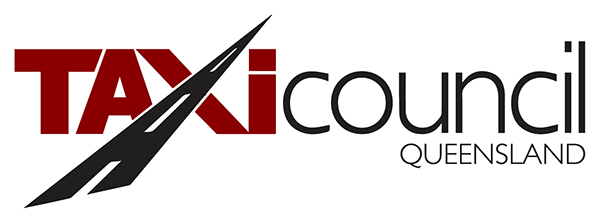26 April 2022
Over the Easter long weekend the wait time for a taxi from Townsville airport was more than an hour.
There are 132 licensed cabbies in the city of 200,000 and Townsville Taxis director Darren Morse says that is about 80 drivers too few.
“The hardest part we’re now facing is … finding available drivers to put into those cars,” he said.
“And that’s drivers for day shift, drivers for night shift, and drivers who can just fill in those shifts when [they] need time off.”
Mr Morse said the business had tried to boost numbers through newspaper and radio advertising and by targeting university students and retirees looking for flexible work.
But the calls have gone unanswered and with the peak tourism period weeks away, Mr Morse says wait times will only increase.
But some think the answer to the driver shortage could be women.
Queensland’s largest taxi company, 13cabs, estimates only 11 per cent of drivers are women.
Data from the company’s app shows female drivers are increasingly preferred.
Townsville driver Colleen Babao says she has found herself answering the same question time and again from passengers.
“They feel very strongly there are safety concerns [for me] — I’m asked about this constantly,” Ms Babao said.
“People really have the idea that if you are driving a taxi you are at a great risk.”
With more than 20 years’ experience operating across the region, Ms Babao said she believed there was a misconception when it came to women’s safety.
She said the fear of being attacked or harassed could deter women from entering the profession.
“I think that’s at the heart of it,” Ms Babao said.
“They [passengers] express this very deep concern of ‘you be careful’, because they think it’s something that happens all the time.
“I just think the word need to be put out there — we can debunk the myth, so to speak, change those misperceptions.”
Taxi Council Queensland chief executive Blair Davies said those concerns had to be addressed to get more women into the industry.
“We need to get out there and promote driving a cab as a good, safe profession to segments of the community who maybe haven’t thought about it before,” he said.
Mr Davies said since the introduction of security cameras in Queensland taxis in the mid-2000s, there had been a reduction in the number of attacks on drivers, but technology could not eliminate the risks entirely.
“Some of the new drugs out there, things like ice, affect people’s thinking such that they don’t worry about being hurt or the consequence of their actions,” he said.
“They remain a concern.”
Ms Babao said drivers could find themselves in the “wrong place at the wrong time”, but wanted to reassure women that the job should not come with an expectation of compromised safety.
“I wouldn’t be working at night if I didn’t feel safe, but something I do is lock the doors if you’re in certain areas, particularly in the city,” she said.
“Good advice, I would say, is to trust your gut instincts — that’s the best advice I could give someone.”
Townsville’s only Shebah driver, Felicity Finau says she cannot keep up with the demand for her services.
“I have to turn down work because I cannot possibly put it in,” she said.
“It’s very hard at times, but I do what I can do.”
Founded in 2017, the all-female rideshare service caters to women and unaccompanied minors.
In the 12 months driving for Shebah, Ms Finau said she had seen demand for more female drivers in the region increase.
She said the flexible working hours made driving an attractive career choice.
“Especially if you’re a young mum that wants to get back into the workforce,” she said.
“This is something that can get you back out there and enjoy — you may not want to go back to your old job.
“There’s work out there for anyone who wants it.”
https://www.abc.net.au/news/2022-04-26/townsville-taxi-driver-shortage-female-cabbies/101008442
